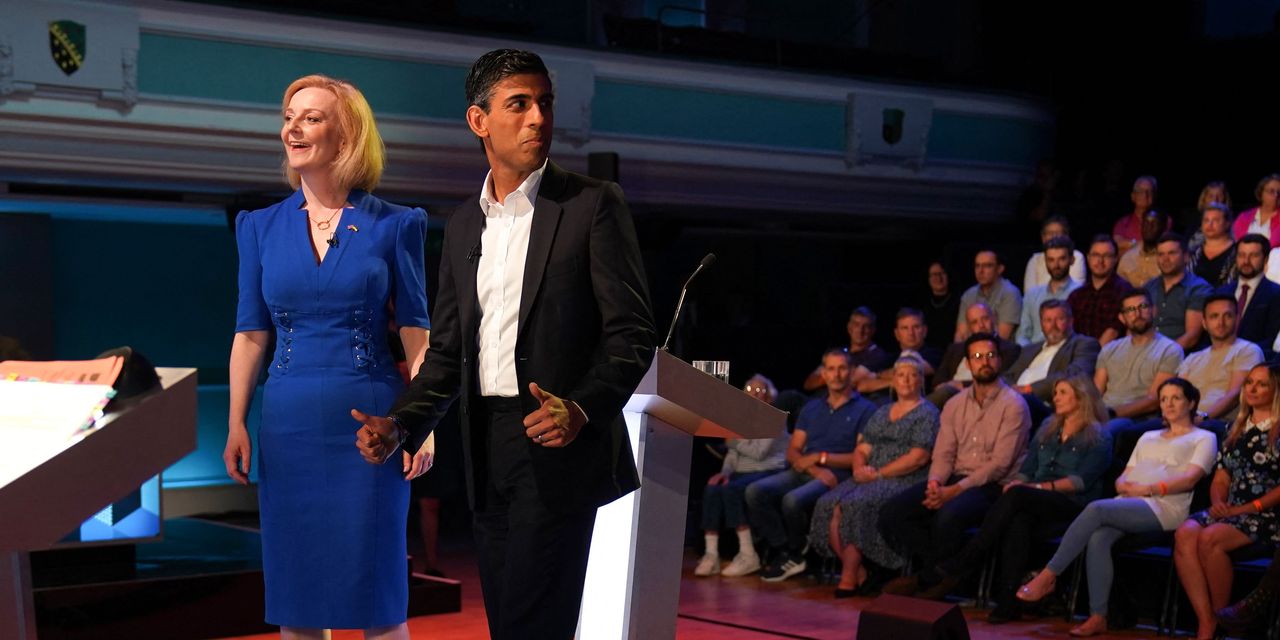
The Nobel Prize in Economic Sciences was awarded to David Card, Joshua D. Angrist and Guido W. Imbens for their work on natural experiments, in particular their contributions to better understanding how the job market works.
Economics and other social sciences have limited opportunities for carrying out the randomized experiments that allow researchers in the physical sciences to test causal relationships, for both practical and ethical reasons.
But over recent decades, the work of the three winners has helped economists make better use of natural experiments, in which some people are randomly subjected to a policy while others aren’t.
“Their research has substantially improved our ability to answer key causal questions, which has been of great benefit to society,” said Peter Fredriksson, chair of the Economic Sciences Prize Committee.
Many economists believe the various policy responses to the Covid-19 pandemic have thrown up a large number of natural experiments that can be used to explore causal relationships that otherwise would have been difficult to investigate.
Mr. Card was born in Guelph, Canada, in 1956, and is now a professor at the University of California, Berkeley; Mr. Angrist was born in Columbus, Ohio, in 1960 and is now a professor at the Massachusetts Institute of Technology; and Mr. Imbens was born in Eindhoven, the Netherlands, in 1963 and is a professor at Stanford University.
In awarding the prize to Mr. Card, the Royal Swedish Academy of Sciences cited a 1993 paper that he co-wrote with Alan Krueger that challenged what was then the conventional view that a rise in the minimum wage would lead to a fall in employment.
The natural experiment in question was an increase in the minimum wage in New Jersey to $5.05 an hour from $4.25. The two economists surveyed more than 400 restaurants in the state and neighboring eastern Pennsylvania, but found that there was no fall in employment where the minimum wage had increased.
Similar experiments have allowed economists to answer questions about the impact of education on income, a subject that Mr. Card has researched throughout his academic career.
Natural experiments differ from the laboratory experiments that physical scientists use to test their theories in that economists can’t choose the subjects that take part.
The Royal Swedish Academy of Sciences said Messrs. Angrist and Imbens had advanced the understanding of the conditions under which natural experiments can help to establish causal links.
“They showed it is possible to estimate a well defined causal effect of an intervention, even when the researcher cannot control who takes part in the intervention,” said Eva Mörk, an economics professor at Sweden’s Uppsala University.
In a 1994 paper, the two economists established the principle that the impact of a policy should be judged by those who wouldn’t otherwise have followed the path it placed them on. In the case of an examination of the effect of the Vietnam draft on future earnings, only the earnings of draftees were relevant, excluding the incomes of volunteers.
The three economists have worked together on papers, and Mr. Imbens said Mr. Angrist had been best man at his wedding.
“I was just thrilled to hear the news, particularly hearing that I got to share this with Josh Angrist and David Card,” said Mr. Imbens. “They’re both very good friends of mine.”
2021’s Prizes
Write to Paul Hannon at [email protected]
Copyright ©2021 Dow Jones & Company, Inc. All Rights Reserved. 87990cbe856818d5eddac44c7b1cdeb8








